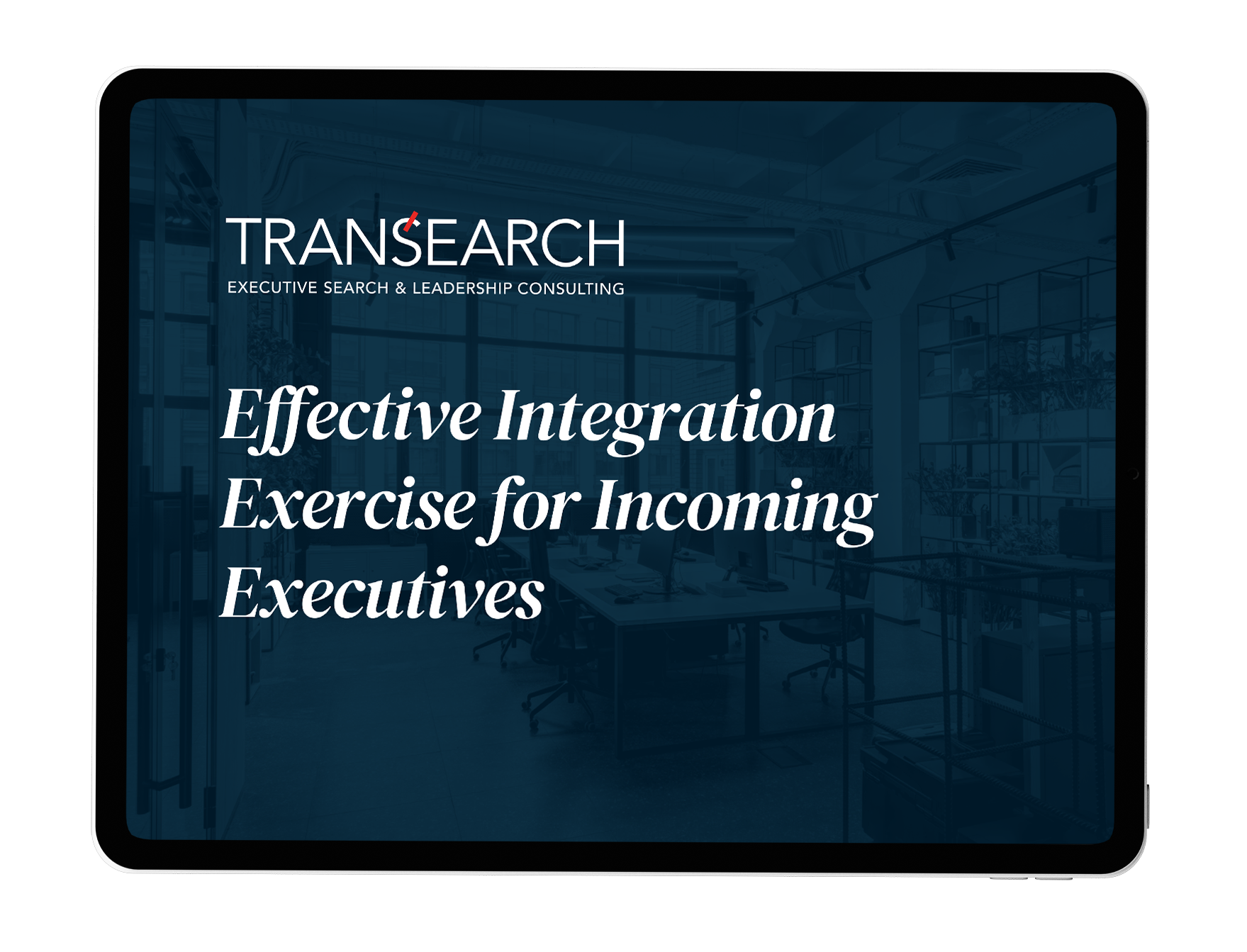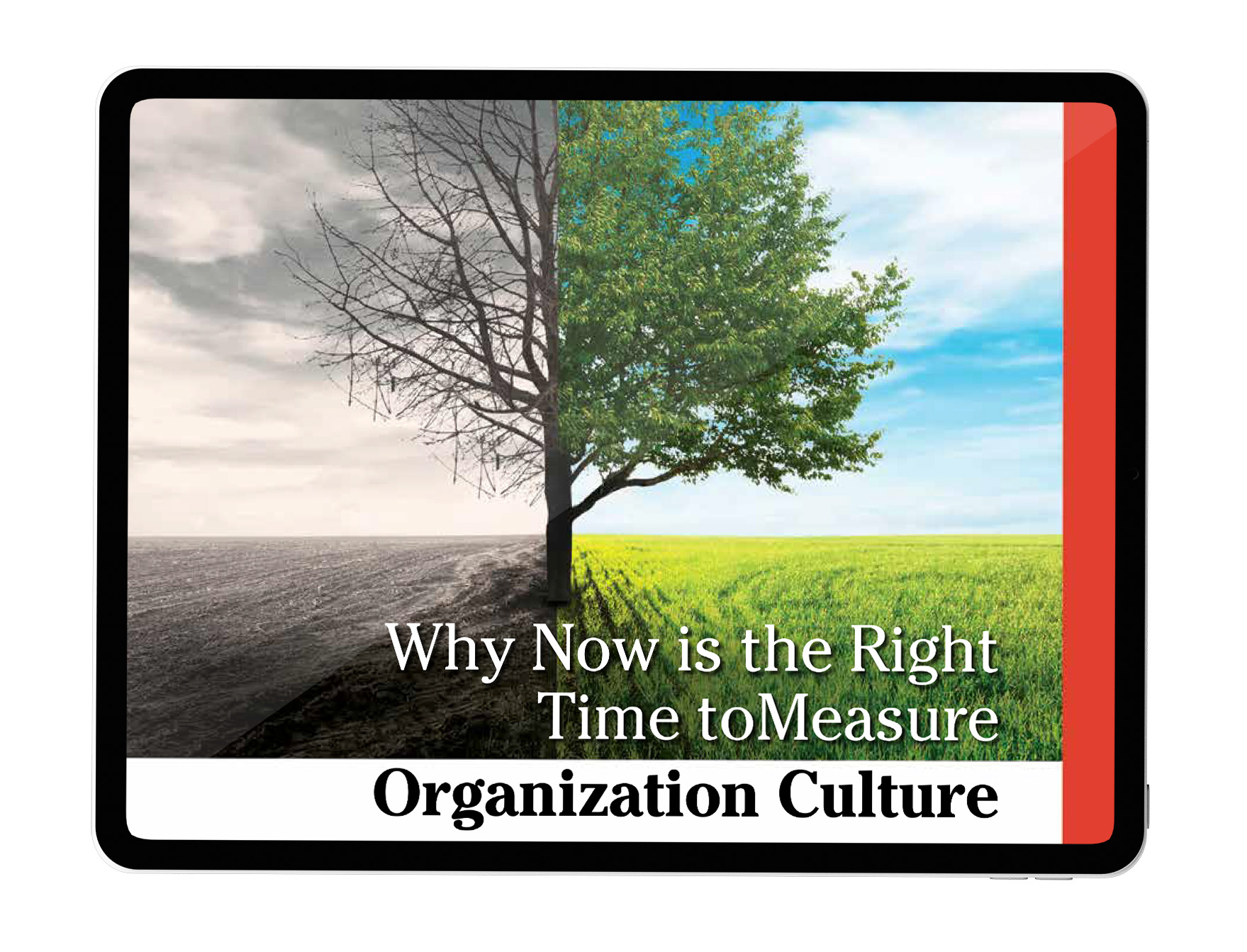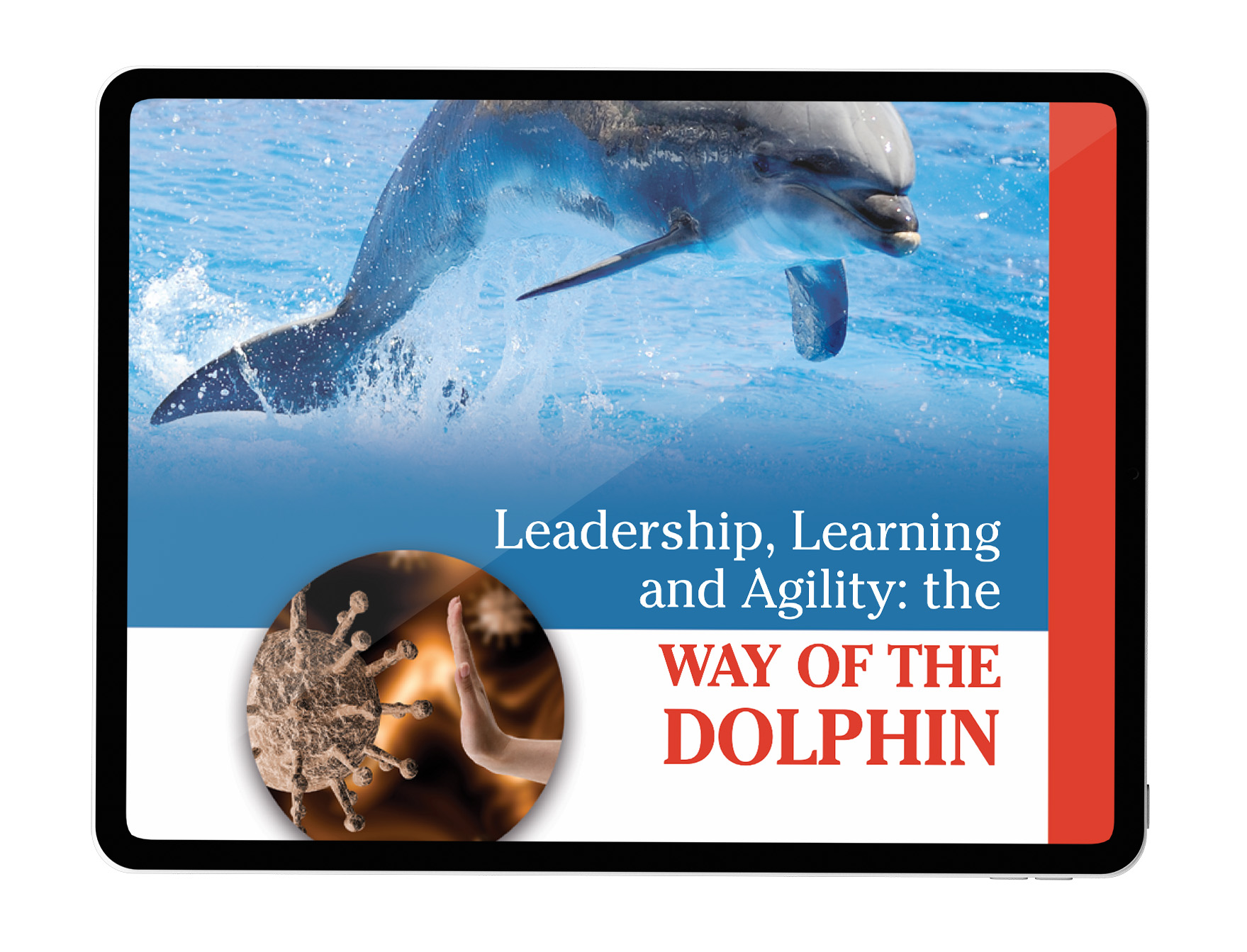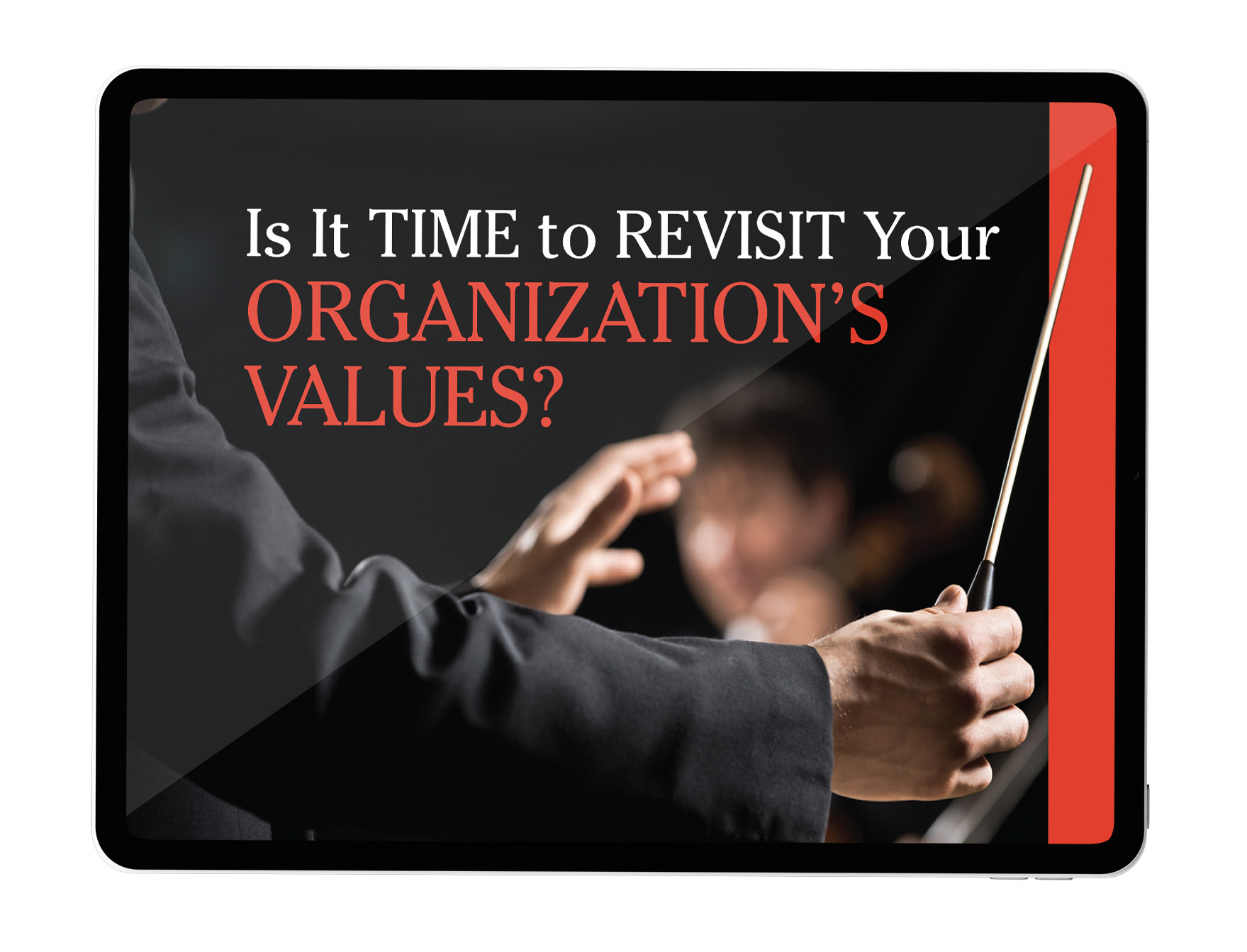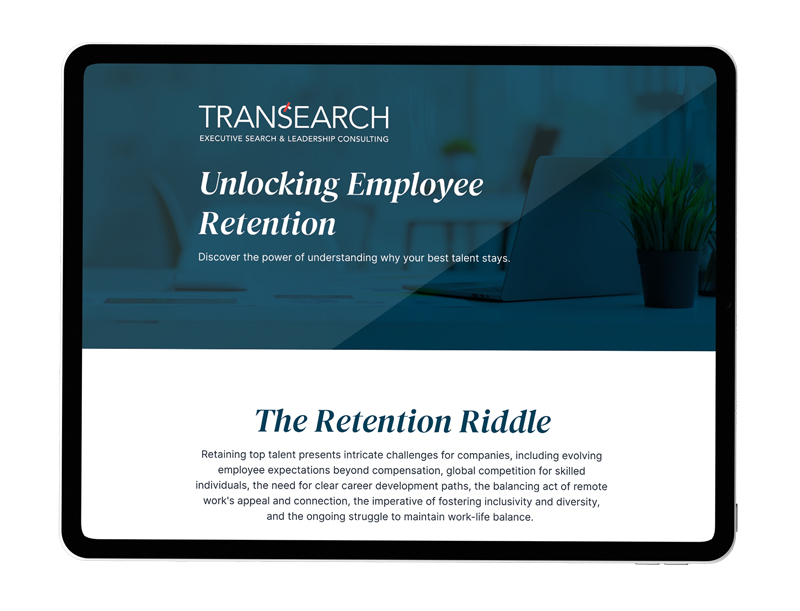The architectural, engineering, and construction (AEC) industry is one of the most demanding fields; it takes exceptional leadership to excel in it. The need for effective leadership is critical in AEC, considering the risks and costs associated with projects.
Companies that cannot identify, nurture, and retain excellent leaders are unlikely to be successful in the long run. So, what qualities make a great AEC industry leader? In this blog, we will outline some essential attributes a successful AEC leader must possess.
1. Technical Knowledge
In AEC, technical knowledge is not simply a bonus but a necessity for success. Companies dealing with complex processes require leaders who can easily navigate these intricacies.
Possessing technical expertise allows industry leaders to make better decisions and provides the necessary support to their team members while quickly identifying and solving problems. This, in turn, enables project success.
2. Communication Skills
Effective communication is a cornerstone of success in the AEC industry. Communicating clearly with clients and employees ensures that projects run smoothly and efficiently. Strong communication skills enable leaders to convey instructions effectively, collaborate with their teams, and establish clear expectations for everyone involved in a project.
Whether delegating tasks or addressing conflicts, adept communicators know how to give and receive feedback in a productive, positive manner. In short, good communication is a must-have skill for anyone hoping to succeed in the AEC field.
3. Empathy
Empathy is a trait that is highly valued in leaders. When leaders possess empathy, they can better understand the needs and viewpoints of various individuals with whom they interact. Empathetic leaders can connect with their team personally, gain insight into how people are feeling, and address situations requiring increased sensitivity.
Leaders can make more informed decisions that benefit everyone involved by taking the time to truly listen and understand the perspectives of clients, employees, and stakeholders. Empathy is a critical component of effective leadership, and those who wield this skill with finesse are bound to achieve great success.
4. Flexibility
Flexibility is crucial for architecture, engineering, and construction leaders. In this fast-paced field, change is constant, and the ability to adapt is essential. An AEC leader lacking flexibility may struggle to navigate unexpected challenges or capitalize on new opportunities.
In contrast, a flexible leader can pivot quickly and make informed decisions, even amid shifting circumstances. By embracing flexibility, AEC leaders can confidently lead their teams, take advantage of emerging trends, and ultimately achieve tremendous success.
5. Tenacity
Tenacity in architecture, engineering, and construction (AEC) is a coveted trait in a leader. It takes a lot of determination and unwavering dedication to see a project through to its successful completion, and a successful AEC leader should possess these qualities in abundance.
Challenges and setbacks are inevitable, but with a strong sense of tenacity, leaders can motivate their team to push through adversity and enthusiastically pursue the project. Such unwavering commitment can yield remarkable results and help leaders meet their objectives with excellence and professionalism. Tenacity sets apart a good leader from a great one in the AEC industry.
6. Attention to Detail
In the AEC industry, attention to detail is essential for a great leader. Precise execution is critical to ensure that standards, design, and regulations are followed. Being detail-oriented allows a leader to recognize and address potential issues before they become significant problems, ultimately mitigating mistakes that could be costly to the project.
The ability to scrutinize documents, drawings, and plans can make all the difference between a successful project and a disastrous one. Leaders who are vigilant about details can streamline the work process, reduce costs, and increase project efficiency.
A great AEC industry leader is the backbone of any successful project. While there are many qualities that such a leader must possess, technical knowledge, communication skills, empathy, flexibility, attention to detail, and tenacity are the most critical.
A leader with these qualities can inspire their team, provide clear direction, promote collaboration, and, ultimately, ensure the success of any project. Companies that recognize, develop, and encourage these qualities in their AEC leaders will likely achieve long-term success.





















